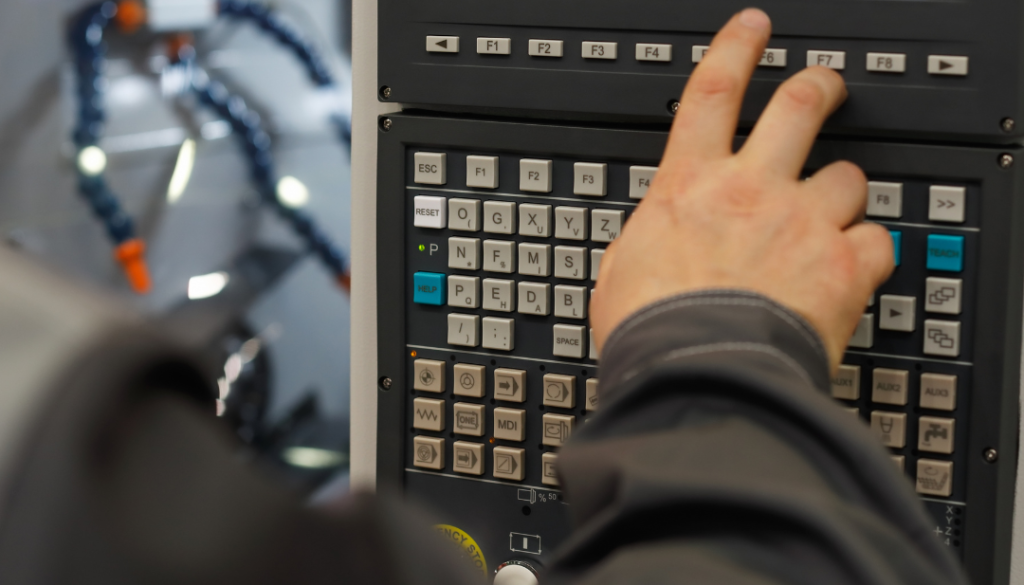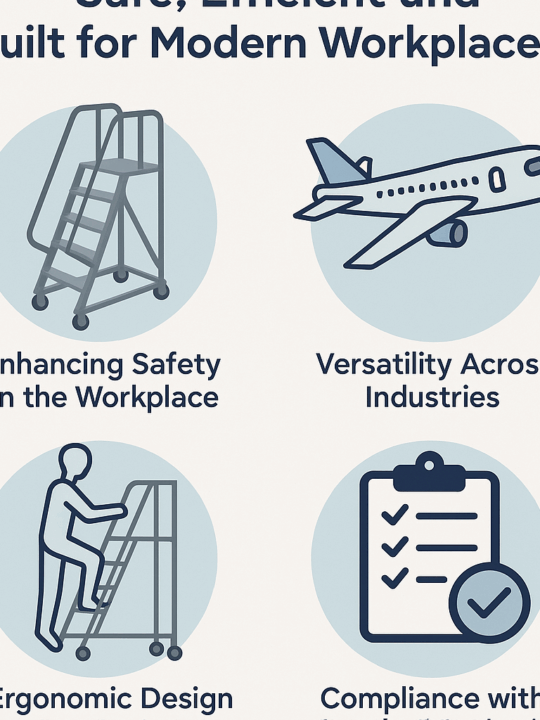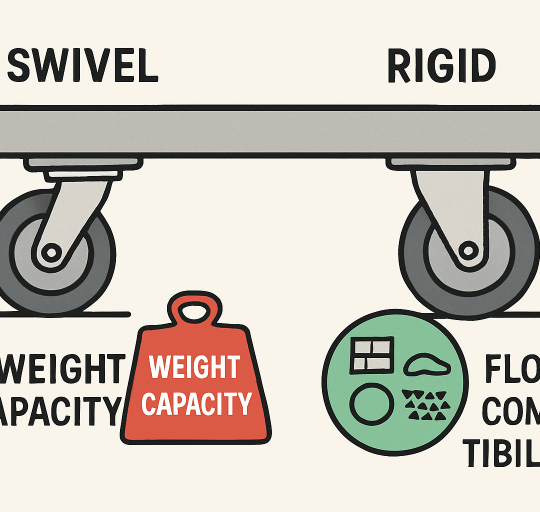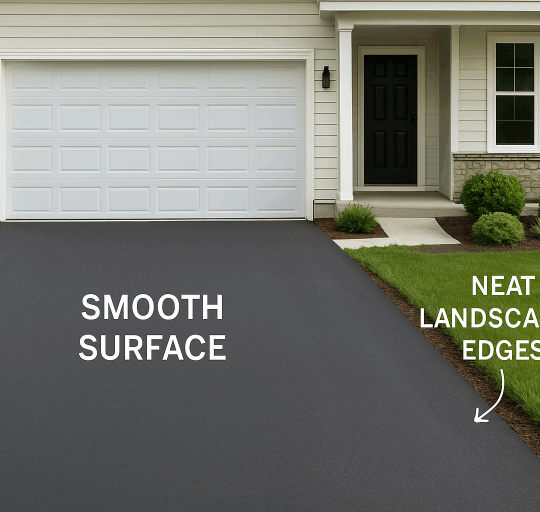Hiring someone to install your SCADA system isn’t something you just rush into. There’s more at stake than wires and software—it’s your operation’s efficiency, safety, and future scalability on the line. Asking the right questions helps uncover whether a team truly understands your industry or just knows how to talk tech.
Table of Contents
- 1 What Specific SCADA Systems Have You Integrated in My Industry
- 2 Can You Provide Examples of Past SCADA Installations and Outcomes
- 3 What Security Protocols Will You Implement to Protect Our SCADA Network
- 4 How Do You Manage System Downtime During Integration
- 5 Will You Offer Customized HMI Design for Our Specific Operations
- 6 What Level of Post-Installation Support and Training Do You Include
- 7 How Do You Ensure Compliance with Relevant Industry Standards
 What Specific SCADA Systems Have You Integrated in My Industry
What Specific SCADA Systems Have You Integrated in My Industry
Every industry has its quirks. Whether it’s water treatment, oil and gas, or manufacturing, your SCADA integrators should know the specific controls, alarms, and processes that matter most in your line of work. Without real-world experience in your field, even the best technology can fall flat. That’s why this question comes first—it tells you if you’re talking to a true control systems integration expert or just a generalist.
Let them speak to their hands-on experience. Ask about SCADA platforms like Ignition, Wonderware, or GE iFIX they’ve worked with in environments similar to yours. The more aligned their background is with your day-to-day operations, the smoother your control system integration will go. You don’t want them learning your industry on the job.
Can You Provide Examples of Past SCADA Installations and Outcomes
This isn’t just about their portfolio. It’s about the results. A good SCADA integrator should be able to walk you through a project they handled—what the setup looked like, what issues they solved, and how the end user benefited. Think of it like asking a contractor to show you a finished home.
What makes this question powerful is the detail it brings out. You’re looking for specifics: system uptime improvements, reduced manual input, real-time data tracking. Stories with context help you understand whether they know how to deliver not just a working control system, but a smarter, more efficient operation tailored to your business.
What Security Protocols Will You Implement to Protect Our SCADA Network
Cybersecurity often gets overlooked in the rush to automate. But in a world where breaches can happen through control systems, this question matters more than ever. Your SCADA integrator must understand not only how to connect your equipment, but how to secure it against internal and external threats.
They should explain how they isolate networks, manage access control, and patch vulnerabilities in SCADA environments. This is also where their knowledge of firewalls, VPNs, and encrypted protocols comes into play. Ask how their control system integration plan protects your data and uptime from day one.
How Do You Manage System Downtime During Integration
Bringing in a new SCADA system shouldn’t grind your plant to a halt. Still, integration means change—and change can mean downtime. That’s why control integrators must have a clear process to minimize disruption while bringing the new system online.
Do they use shadow systems to run in parallel during the switchover? Can they phase the rollout by area or department? The best SCADA integrators design their work around your operation’s schedule, not the other way around. This question uncovers whether they think about your business needs or just their own installation timeline.
Will You Offer Customized HMI Design for Our Specific Operations
A Human Machine Interface (HMI) that’s clunky or too generic will slow your team down. Great SCADA systems come with HMIs designed to match how your operators think, not just how the machine works. That’s why this question opens the door to personalization—not just installation.
Ask how they design screen layouts, alarms, and trends to reduce operator fatigue and speed up responses. A well-thought-out HMI leads to fewer mistakes and better decisions on the floor. Control integrators who offer tailored visual designs based on your workflow will give you a better long-term result.
What Level of Post-Installation Support and Training Do You Include
Once the install wraps up, the real work begins—your team needs to run it. This question helps reveal how the SCADA integrator treats you after the handoff. Are they available for remote troubleshooting? Do they include training sessions? Or do they leave you with a manual and a goodbye?
Post-installation support is where trust is built. Good SCADA integrators make sure your staff understands how to interpret data, respond to alerts, and perform updates. This ongoing relationship keeps your system efficient and keeps small issues from growing into big problems.
How Do You Ensure Compliance with Relevant Industry Standards
Standards matter because they keep your systems safe, consistent, and audit-ready. SCADA integrators need to show that they know the regulations tied to your sector—whether it’s food safety, electrical reliability, or wastewater compliance. If they shrug off this question, that’s a red flag.
Ask about how they document installations, validate configurations, and stay up to date on code changes. Control system integration isn’t just technical—it’s regulatory too. An integrator who’s fluent in industry standards will keep you compliant and confident during inspections or certifications.







